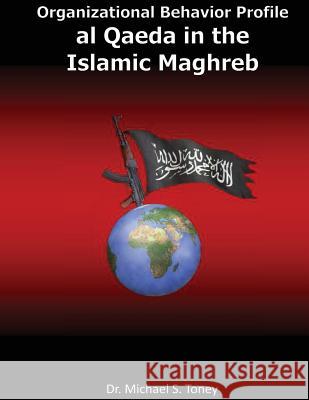Organizational Behavior Profile: al Qaeda in the Islamic Maghreb » książka
Organizational Behavior Profile: al Qaeda in the Islamic Maghreb
ISBN-13: 9781481953641 / Angielski / Miękka / 2013 / 338 str.
Al Qaeda in the Islamic Maghreb (AQIM) carries a complicated history of terrorist violence in Northern Africa. The colonial influences on Africa are a long-standing cause of the focus of organizations such as AQIM on Western and European interests. Abu Musab Abdul Wadud, AQIM's current leader, has not only published threats against citizens and countries outside of Algeria, but has carried out attacks in seven countries, targeting citizens of Europe and Africa, causing more than 5,000 fatalities, injuries, and kidnappings. Unlike other Salafi jihadist organizations allied with al Qaeda, AQIM interacts with criminal organizations in activities such as drug smuggling for South American drug cartels. Using equipment, weapons, uniforms, passports, and vehicles captured from attacks in conjunction with vehicle-borne improvised explosive devices and suicide bombers, the AQIM threat continues to gather momentum. AQIM is also known to have SA-7 man-portable air-defense systems and anti-tank guided missiles. From drug trade funds and kidnap ransoms, it is estimated that AQIM has an annual operating budget of $10 million. AQIM has become the wealthiest of al Qaeda affiliates, using that wealth in a hearts-and-minds campaign among the residents of the Sahara-Sahel region. In terms of revenue, that places AQIM between a small pharmaceutical company and a steel manufacturer, and within the top 1,000 for employment opportunities. Generations of discontent youth in the Maghreb combined with warlords and criminal networks provides an ideal environment from which AQIM can recruit, indoctrinate, and train as well as establish numerous criminal allies. Counterterrorist organizations and other international resources must synchronize and focus efforts that detour recruitment efforts of AQIM, prevent further expansion, capture its resources and leadership, and ultimately dissolve the organization.
Zawartość książki może nie spełniać oczekiwań – reklamacje nie obejmują treści, która mogła nie być redakcyjnie ani merytorycznie opracowana.











